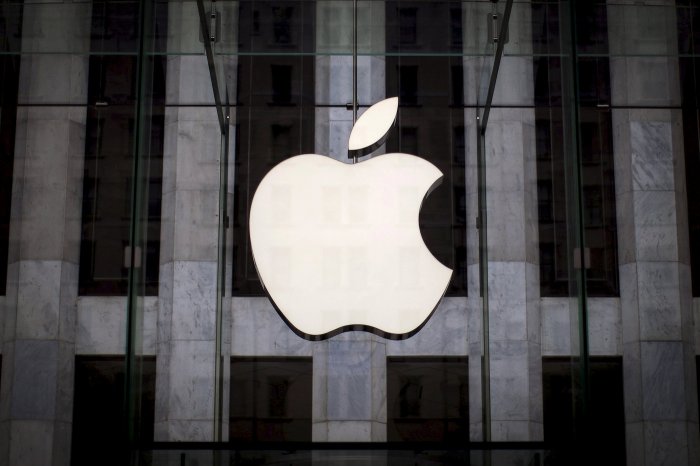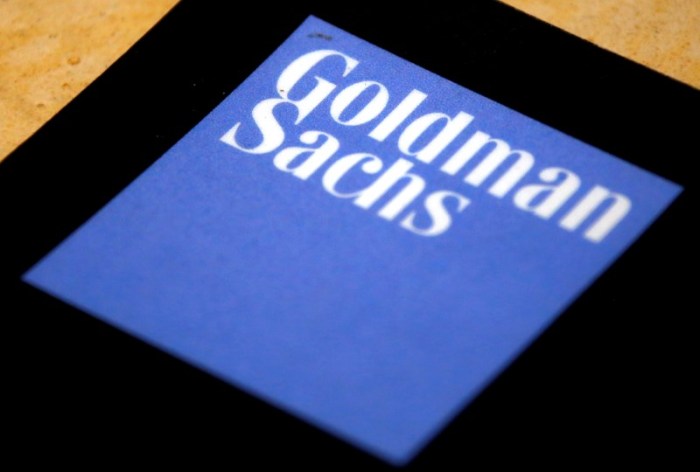By Cyril Altmeyer
PARIS (Reuters) – Air France-KLM Maintenance is one of the most profitable activities of the Franco-Dutch airline group, whose French passenger operations have been engulfed by strikes and restructuring, but planemakers are also seeking a slice of the $65 billion overhaul market. The weapons in this latest aircraft industry battle are bits and bytes, rather than the nuts and bolts of a repair hangar.
Sensors on newer jets provide vast amounts of information on the performance of parts, and Air France-KLM’s maintenance boss believes airlines have the edge over planemakers, because they can put the stream of data to better use. “The (manufacturers) are designing the data and they are very well placed to understand and analyze the data. We are an operator, we know exactly what to do with the data,” Franck Terner, head of Air France-KLM’s maintenance and engineering division, told Reuters in an interview. Aerospace is one of many industries grappling with the challenges and possibilities of “digitalization,” using rich data to improve production or develop new services.
Armed with growing databanks, planemakers Airbus But consolidation in the sector has given their airline customers more bargaining power.
In 2011, Air France-KLM ordered 25 Airbus A350s but it took two years to finalize the deal due to a tussle with Rolls-Royce Meanwhile, independent competition in the jet maintenance industry is growing.
“There is very intense and harsh competition,” Terner said. “The emerging competition is very aggressive, sometimes by buying market share. All this combined puts pressure on the price.” CRUNCHING DATA
Air France-KLM’s maintenance division, second in the market behind Lufthansa Air France-KLM has invested 400 million euros ($452 million) over the last decade to modernize its maintenance services and aims to outpace predicted industry growth of 4-5 percent.
At the same time, the aircraft maintenance industry is adjusting to a shift in contracts to more frequent, shorter services to continuously monitor the condition of jets and minimize the time spent on the ground for lengthy overhauls. Terner, who ran Concorde maintenance for three years in the 1990s, said Air France-KLM could provide customers with the right data sets to help them improve reliability.
It is also working on ways to help customers manage the availability of fleets, such as designing predictive fuel-system maintenance for the A380, the world’s largest jetliner, which sends alerts when parts are running at lower performance so they can be changed before they fail entirely. But Airbus says it too is working on predictive maintenance by crunching data from its jets to anticipate failures.
Customer services head Didier Lux said last week that by using data collected during flights, a computer could generate an alert to prompt engineers to carry out a preventive fix and avoid the cost of an unscheduled maintenance visit. Pascal Pincemin, aerospace and defense partner at Deloitte, said airlines with maintenance units such as Air France-KLM and Lufthansa face tough competition from rivals ready to invest to increase market share, but the fact they operate fleets gives them credibility when it comes to selling maintenance services. “The advantage for an airline over a specialist like Airbus is that the airline has experience of planes made by both Boeing and Airbus,” he said.
(Writing and additional reporting by Victoria Bryan and Tim Hepher; editing by David Clarke)


















